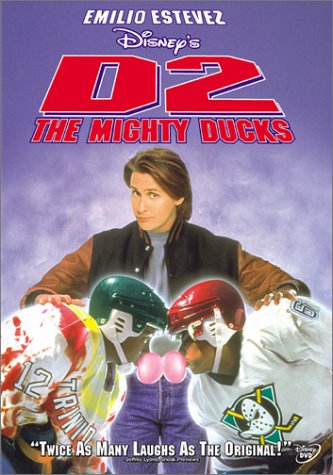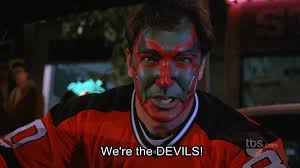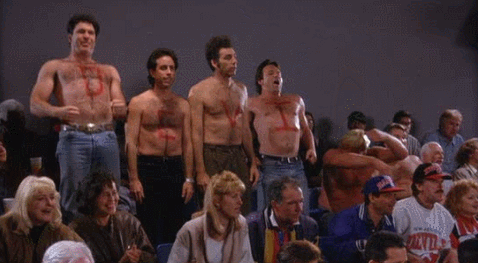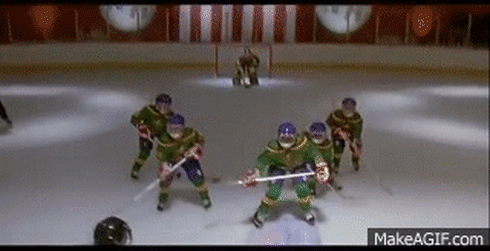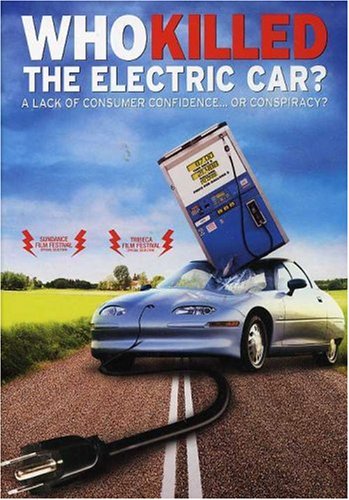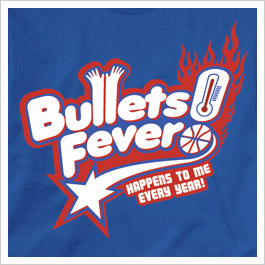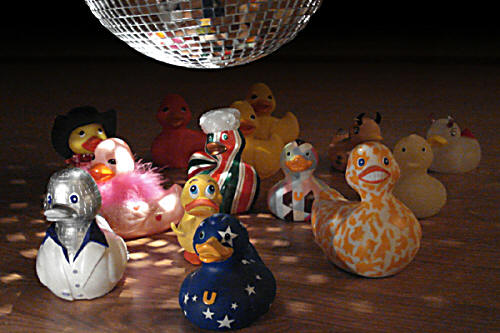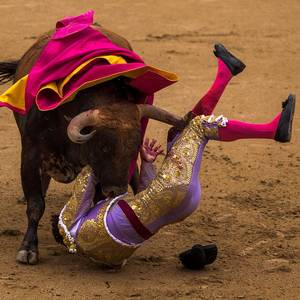Things were more relaxed in the early to mid 2000s. We all filled out paper forms, ideally, and we played. There wasn’t much to do about ringers. The only rule was that a guy was on the roster before the playoff deadline, but no one checked and no one cared.
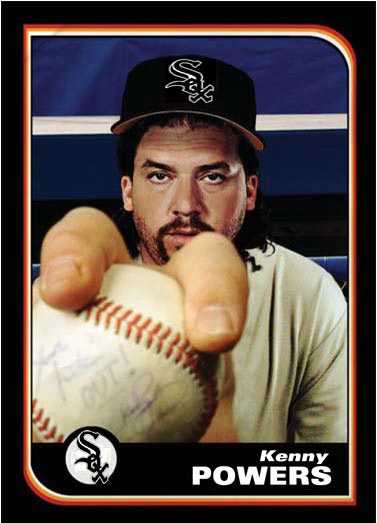
Our first championship, in 2003, was against a stacked lineup of Fed League players and guys from the Warriors franchise who filled in on the team that was supposed to be the Maulers. It was either play against the players who showed up or don’t play.
We were rained out in our first attempt to play the game, and we didn’t find out about it until game time when no one showed up. I think John Herb had a grass infield then, or maybe it just does in my memories of it. We got there early, took infield/outfield, and then we waited until half an hour after game time and no one showed up. I didn’t have a cell phone then so I borrowed a teammates, called the commissioner, and got the message of the somewhat suspect cancellation. We rescheduled, beat that team full of ringers, and got kicked out of Hemingways.
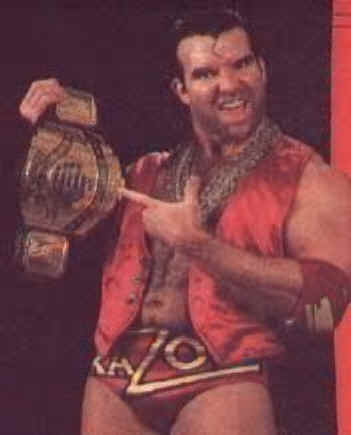
There weren’t a ton of controversies early on because no one cared much. Most of us were just happy to play. However, there were a couple instances where teams were kicked out of the league. Two that come to mind are Insulright in 2005, and the Yankees in 2004.
The Yankees were a team full of CCAC players and other local DIII guys who went undefeated but never paid. I think the core of the early Black Sox teams were Yankees. Only Craig Boley knows who I’m talking about. They no-hit us that season before they disappeared.

Insulright was sponsored by the insulation company of the same name, and they played in shorts out in Monroeville at Gateway. The back of that infield fell off like a cliff into a deep outfield surrounded by a rusted chain link fence. Moore Park without the charm. Gateway was somehow hard to find for those of us coming from the city, our early GPS systems sent us in an awkward U-turn around 376, near rt. 48, and it was easy to wind up in Trafford accidentally. Insulright was always ready to fight, and their shorts made them that much worse. They had this guy Hoover who could throw hard, and a few decent players, but their Umbros made the young Pittsburgh NABA look even more bush league than it was. Thankfully they were kicked out of the league, and lead to the rule that states we must wear pants as part of our uniforms, otherwise known as the Insulright Rule.

After Commissioner Graff took over for Boley, things shifted gears. During the years that encompassed the Ducks short stop-less Red Scare Era, the league grew and thrived. The Black Sox brought in a former Blue Jays prospect, the Owlzzzz brought in a guy from the Wildthings, and the league added a ton of local small-college players. I consider 2006 to 2010 the golden age of the league. After the switch to wood bats, and before Elliot joined the league and beat everyone before moving on to the DNL.
During these years, the player rules became more strict, and there were more clashing personalities. Two of the most outrageous incidents occurred during these years. The first, and the most insane, was the Matador incident.
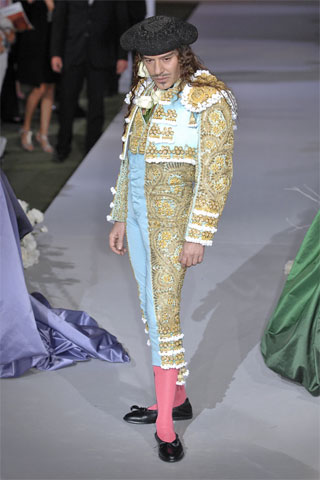
They tried to bribe teams to throw games so that the Bulldogs wouldn’t make the playoffs. Former Ducks manager, TC Jones told me he spent an hour on the phone with Ken Cool’s brother discussing the Owlz managers disgust that (Matador’s manager) Ron Tiedeman (sic) bribe him to lose on purpose. That’s an hour TC will never have back, one of the risks when you manage a men’s league team, I suppose.
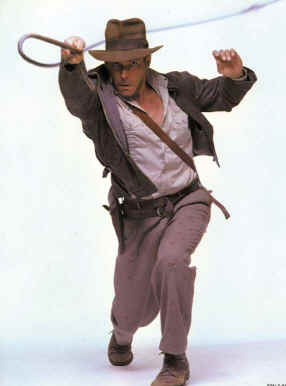
There are always a few guys who are certain Joe favors his own team. (We haven’t won anything in the last five years, so he’s not very good at it, if that’s his plan.) So this guy tried to rig the playoffs to fuck over Joe. Perfectly rational. It didn’t work. The Matadors lost to the Bulldogs in the playoffs, and eventually became the Sharks then the Wolfpack. Teideman left years ago.

Back to player eligibility.
The worst incident probably in league history, was the result of poor administrative practices. In 2010, following their first league championship, members of the Hurricanes threatened the commissioner over a handful of Hurricane’s players being ruled ineligible. The issue being that they weren’t in the system by the deadline. The overreaction by the ‘canes to a decision that wasn’t open to interpretation is what makes this incident stand out in the league mythos.
I’ve personally filled out the online info for guys that had played but couldn’t register for some reason. It’s not fun, but it doesn’t take too long.
There was a vote on whether or not to allow them to forfeit their season like Insulright and the Yankees.

It was decided that games the had played in already wouldn’t be ruled forfeits, but they couldn’t play in the playoffs. That season, the Militia upset the short -handed Hurricanes in the second round before losing in the semifinals to the Ducks.

Since the split to three divisions, and the ruling on active college players playing in AAA pending approval from AA managers, there has been renewed debate about player eligibility. One such instance, and subsequent apology, was noted on this blog a couple seasons back. The incident involved the Oilers bringing in a former pro who hadn’t played in years and was thus, eligible to play in AA. The funny thing about the incident is the uproar was due to a different guy pitching for them who was accused of being said former pro, but was a JV player on Point Park, I think. Anyway, that season the Oilers lost in the first round to the Devils, but the next season their former pro delivered the championship-clinching hit against the Grizzlies.

Over the last few years, a few AAA teams have had questionable players in games and usually they don’t get called on it until after they’ve played. This is mostly with Steel City and Jefferson Hills. Both have been accused of playing guys in the playoffs with fewer than five games played.
I have nightmares about Beedle Park and driving all the way down 51 to roast in those dugouts.
There’s a pretty standard practice by teams to try to bring in ringers. First try to change the rules in the league meeting, second, try to break them, third, go out of your way to find other teams who are breaking the rules, and act indignant that anyone would harm the sanctity of our league and this great game of baseball that in no way has a history of cheating at the highest level.


In some cases, it’s a matter of just cooking the scorebook and online stats to make sure all pitchers and important players have enough games played. A smart manager will do this early when no one knows who anyone is, as to avoid going back and making changes in June when they might be noticeable. It’s also assumed that no one will ever really call a team out on it, because the sentiment is that you look scared if you do.
I’ve been hesitant to do it in the past because I think challenging a player who turns out to be eligible is a good way to fire up the opposing team. I’ve never been 100% and I don’t want to have to issue another public apology for accusing a team of cheating that isn’t. Maybe that makes me part of the problem. A problem that’s really not that big in the scheme of our league, and even smaller outside our adult baseball bubble.
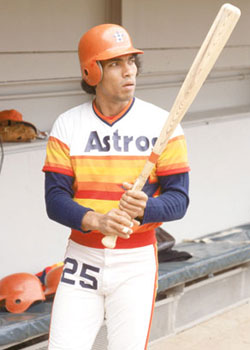
This season with the website crashing, it might be more difficult to track stats and eligibility. In AA the biggest issue is active college players without waivers. In AAA, it’s getting five games in for playoffs or not. So cheat early and cheat often, but please don’t threaten the commissioner.

South Oakland plays the Oilers tomorrow night, 9pm at Springview Field, weather permitting.

